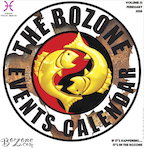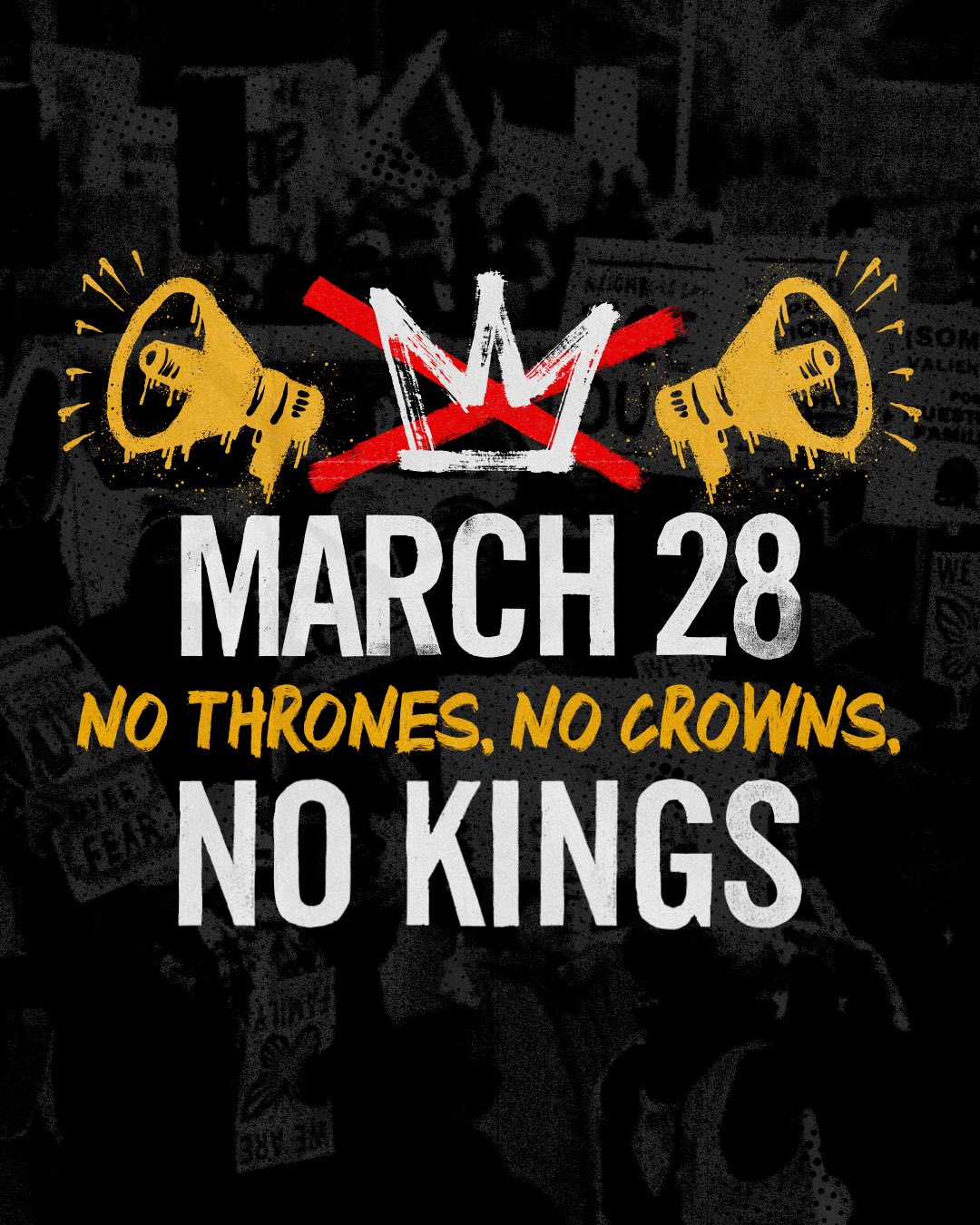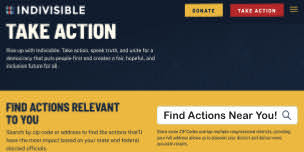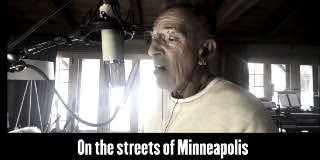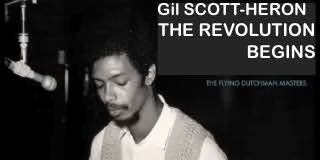“Promoting a free press is standing up for our right to truth.” – António Guterres, United Nations Secretary-General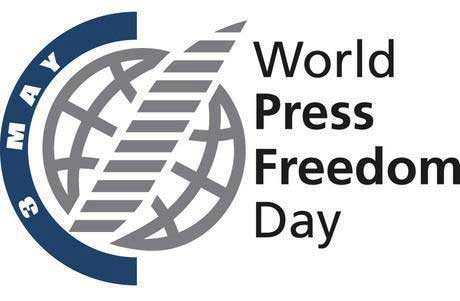
It is not usually the place of The BoZone to interject its opinion into politics but, as circumstances make us feel less comfortable with certain elements of the current administration, we can no longer keep quiet. With the recent release of the James Comey memos, we have learned that the man in the oval office had “floated the idea of jailing journalists to stop leaks from the White House.” As more and more non-American, non-presidential comments come out of 1600 Pennsylvania Avenue, are we, the American public, becoming desensitized to what is being spewed?
In direct opposition to the First Amendment (Congress shall make no law respecting an establishment of religion, or prohibiting the free exercise thereof; or abridging the freedom of speech, or of the press; or the right of the people peaceably to assemble, and to petition the Government for a redress of grievances.), for the President of the United States to say “it may involve putting reporters in jail” is unconscionable!
World Press Freedom Day was proclaimed by the UN General Assembly in December 1993, following the recommendation of UNESCO’s General Conference. Since then, May 3rd, the anniversary of the Declaration of Windhoek is celebrated worldwide as World Press Freedom Day.
It is an opportunity to:
– Celebrate the fundamental principles of press freedom;
– Assess the state of press freedom throughout the world;
– Defend the media from attacks on their independence (262 jailed world wide in 2017);
– and Pay tribute to journalists who have lost their lives in the line of duty (57 since 2017)
The theme of 2018’s 25th celebration highlights the importance of an enabling legal environment for press freedom, and gives special attention to the role of an independent judiciary in ensuring legal guarantees for press freedom and the prosecution of crimes against journalists.
At the same time, the theme addresses the role of the media in sustainable development, especially during elections – as a watchdog fostering transparency, accountability, and the rule of law. The theme also aims to explore legislative gaps with regard to freedom of expression and information online, and the risks of regulating online speech.
Journalists are not “the opposition party” or “enemies of the people” (a Stalinesque term used by Trump). The authoritarian rhetoric coming out of our White House labeling unfavorable but factual stories as “fake news” only weakens The United States’ once stellar reputation for Freedom of the Press and our Democracy.


